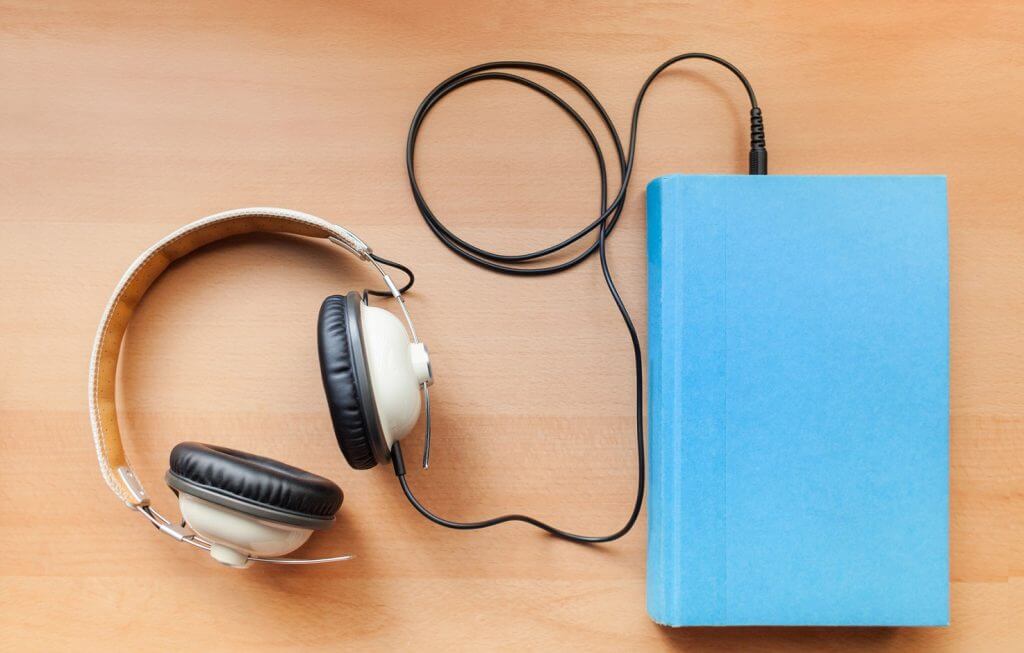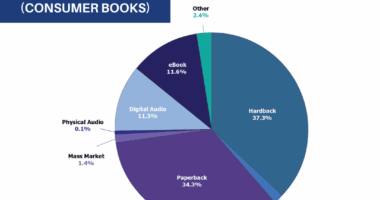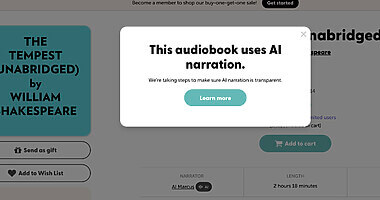Audiobooks have recently gained immense popularity for their interesting stories, professional narrators, and accessible online platforms. It allows you to listen to your favorite books while multi-tasking and expanding your vocabulary. That’s why, lately, many readers have preferred audiobooks over physical books.
Now with such a trend, you must be wondering whether audiobooks can be a replacement for physical books in the coming future. Let’s find out!
As per Wordsrated, the US is the most extensive audiobook market, with an estimated worth of $1.87 billion in the year 2021. It’s likely to rise at a 20 to 25% rate in the coming seven years, which one can definitely perceive from its rising trend. In 2020, the audiobook revenue by year (in billion) stood at $1.55, heeded by $1.75 (2021) and $1.81 (2022). There was also an upsurge in the number of audiobooks published from 60,303 in 2019 to 74,000 in 2021. This indicates how people are into audiobooks lately, and some of them are prioritizing them over e-books/traditional books.
The reason could be miscellaneous, like easier engagement, high-end accessibility, and convenience. However, can it completely replace reading? That’s still doubtful.
Despite all the benefits, audiobooks cannot completely replace e-books and books because, regardless of the benefits, traditional reading is still the most preferred mode of accessing book content.
A study commissioned by renewable pulp and paper manufacturer Stora Enso and published by PrintWeek in 2022 concluded that 65% of people who have purchased all three modes of books, that is, traditional books, e-books, and audiobooks, said they like the traditional books the most. The next in preference was e-books, liked by 21%, and audiobooks, preferred by only 14%. Besides that, there are several other surveys that reveal an undying love for print books among readers.
As per a Time article, Daniel Willingham, a psychology professor at the University of Virginia and author of the book Raising Kids Who Read, said:
“As you’re reading a narrative, the sequence of events is important, and knowing where you are in a book helps you build that arc of narrative.”
Although audiobooks/e-books are trying their best to deliver an authentic experience, it’s still not the way things usually are in traditional book reading. Plus, many readers believe that books are much easier to re-read. However, the same with audiobooks may need a lot of rewinding.
What do you prefer for your book reading? Audiobooks, e-books or traditional books?
Navkiran Dhaliwal is a seasoned content writer with 10+ years of experience. When she's not writing, she can be found cooking up a storm or spending time with her dog, Rain.






